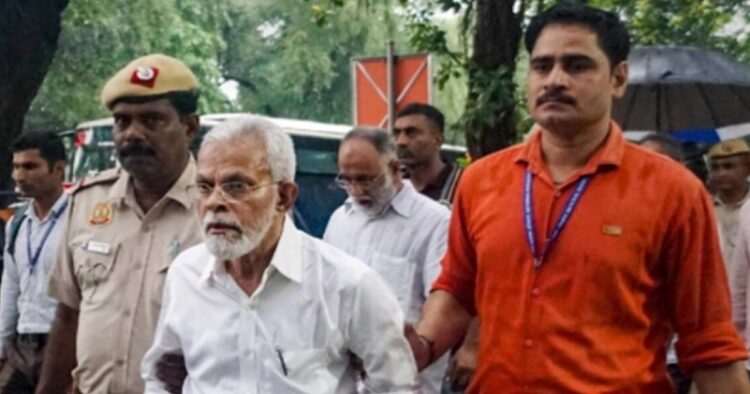On May 28, Tuesday, the Delhi High Court dismissed a plea filed by former Popular Front of India (PFI) Chairman, E Abubacker, seeking his release in a case under the Unlawful Activities (Prevention) Act (UAPA).
Abubacker was arrested by the National Investigation Agency (NIA) in 2022 during a significant crackdown on the banned organization. He remains in judicial custody following the dismissal of his bail plea by both the trial court and now the High Court.
Abubacker, who is currently in his seventies, had sought bail on medical grounds citing his battle with Parkinson’s disease and his history as a cancer survivor. He argued that his frequent visits to AIIMS during custody indicated the urgency of his medical condition. However, the bench of Justices Suresh Kumar Kait and Manoj Jain dismissed his plea, stating, “We hereby dismiss the appeal.”
The NIA vehemently opposed Abubacker’s plea, contending that releasing him could hinder the course of justice as witnesses might fear to testify against him. The agency highlighted the severity of the charges against Abubacker, stating that he was accused of violating various provisions of the Indian Penal Code and the UAPA.
ALSO READ: “Delhi Court Denies Bail to Umar Khalid in 2020 Riots Conspiracy Case”
Abubacker’s arrest in September 2022 was part of a nationwide operation targeting the PFI, which the government had banned for a period of five years. The NIA charged him with participating in a criminal conspiracy to raise funds for terrorist activities and conducting training camps to indoctrinate and train members for this purpose.
The case against Abubacker was registered under sections 120B and 153A of the Indian Penal Code, 1860, along with sections 17, 18, 18B, 20, 22B, 38, and 39 of the Unlawful Activities (Prevention) Act, 1967. The Ministry of Home Affairs had taken action against the PFI and its affiliated fronts, citing their involvement in activities detrimental to national security.
With the denial of bail by the High Court, Abubacker’s legal battle continues as he remains in judicial custody.
The case underscores the government’s efforts to combat organizations deemed a threat to national security and the challenges faced by individuals accused under stringent anti-terror laws.

















Comments